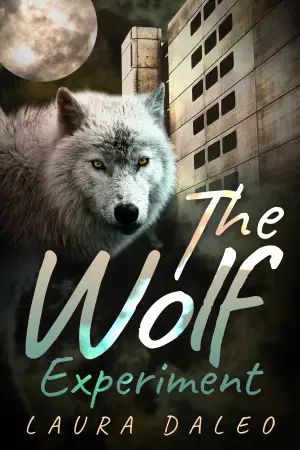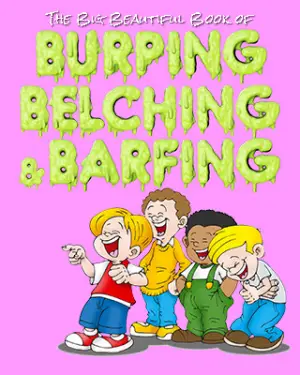A Reflection on "Drive Your Plow Over the Bones of the Dead" by Olga Tokarczuk
When a book snags the attention of literary circles, particularly one that earned the esteemed Nobel Prize in Literature, it’s hard not to be curious. Olga Tokarczuk’s Drive Your Plow Over the Bones of the Dead had been on my radar for a while, but it was the promise of an eccentric protagonist in a mysterious small-town setting that truly pulled me in. The blend of dark humor, philosophical musings, and a murder mystery wrapped in an exploration of human and animal rights was too enticing to resist.
At the heart of this tale is Janina Duszejko, a quirky elderly woman whose life revolves around astrology, her beloved animals, and the hauntingly poetic works of William Blake. Living in a remote Polish village, Janina is often shunned by her neighbors—a fact that suits her well, as she prefers the company of her four-legged friends to the judgmental eyes of humanity. The story kicks off with the suspicious death of her neighbor, Big Foot, and escalates from there, leading to a series of bizarre fatalities that Janina attributes to the wrath of the animal kingdom.
What captivated me most was how Tokarczuk weaves major themes of justice, sanity versus madness, and the often-ignored rights of animals into her narrative. Janina’s rants against hunting and her belief in animal avengers illuminated the complexities of morality and societal norms. Her profound, sometimes jarring reflections made me question the way we regard life—both human and otherwise. As she states, “There’s nothing natural about nature anymore,” I found myself mulling over the consequences of our detachment from the natural world.
Tokarczuk’s writing style is both enchanting and disarming. The prose is rich with unexpected philosophical turns, making it feel as if each sentence was crafted with a delicate brushstroke. I was particularly drawn to her unconventional use of capitalization, reminiscent of Blake’s own poetic styles. It served to elevate the text and added depth, although I acknowledge it occasionally disrupted the flow for other readers. Still, this is a testament to the unique voice and rhythm that Tokarczuk brings to the table.
Among the many memorable quotes, one that resonated deeply was Janina’s assertion: “The fact that we don’t know what’s going to happen in the future is a terrible mistake in the programming of the world.” This line resonated with me, as it encapsulates a profound truth about our human existence and our often futile attempts at control.
Overall, Drive Your Plow Over the Bones of the Dead is more than just a murder mystery; it’s a thought-provoking journey into the human psyche, questioning what it means to be sane in an increasingly chaotic world. It’s perfect for readers who enjoy deep philosophical undertones interwoven with dark humor and a touch of the bizarre.
In the end, this novel left me both entertained and contemplative, prompting me to reflect on my own interactions with nature and the ethical implications of our daily choices. If you’re open to a narrative that challenges conventional thinking and invites you to consider the voices often silenced, you’ll find Tokarczuk’s work immensely rewarding. I certainly plan to revisit Janina’s world, as there’s always more to unearth beneath the surface of her quirky insights.
You can find Drive Your Plow Over the Bones of the Dead: A Novel here >>






